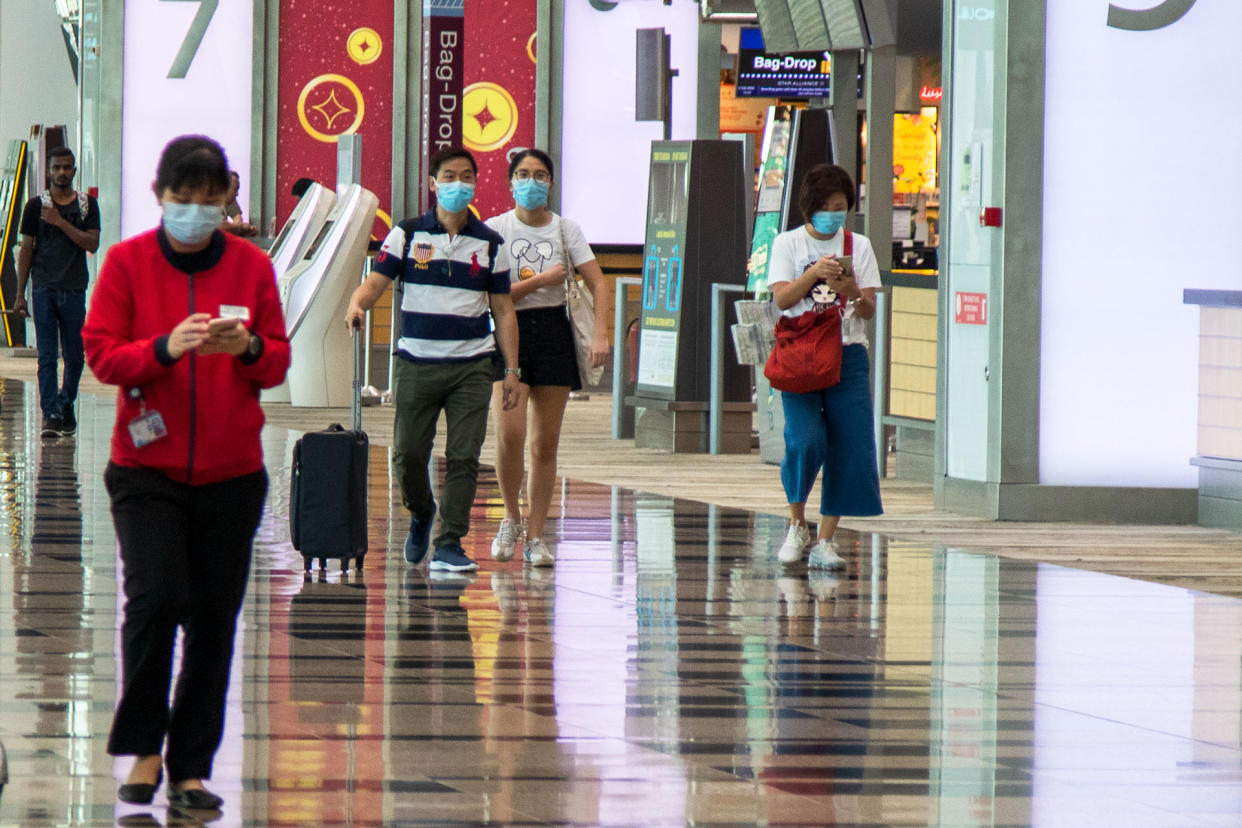COVID-19: Patients with respiratory symptoms can get subsidised treatment at specific clinics

By Nicholas Yong and Koh Wan Ting
SINGAPORE — From Tuesday (18 February), the public health preparedness clinics (PHPCs) numbering about 900 will be progressively activated to provide subsidised treatments to patients with respiratory symptoms amid the COVID-19 coronavirus outbreak.
“With the enhanced detection and surveillance, we expect to see more confirmed COVID-19 cases in the coming days. The measures we are putting in place will allow us to intervene early in the infection. Activating the PHPCs is a proactive step to reduce the risk of further community spread of the virus,” the Ministry of Health said in a media statement on Friday (14 February).
The PHPCs will care for patients with respiratory symptoms such as fever, cough, sore throat and runny nose, while patients suspected to have pneumonia will be referred to the hospitals for further tests.
MOH said that based on the COVID-19 cases in Singapore so far, the National Centre for Infectious Diseases has observed that a significant number of them have mild symptoms in the initial phases of infection. These patients typically experience mild flu-like symptoms such as fever and cough. Just like influenza, they can be infectious during the initial phase of mild symptoms.
During outbreaks, PHPCs provide subsidised treatment, investigations and medications. They were previously activated to deal with haze and the H1N1 influenza pandemic.
Singaporeans and Permanent Residents with respiratory illnesses can get special subsidies at PHPCs. These patients can also go to the polyclinics, where the subsidies apply.
At a media conference on Friday, Health Minister Gan Kim Yong, co-chair of the multi-ministry taskforce on the COVID-19 coronavirus, expressed his concern about patients who did not stay at home when they were ill.
“We are quite concerned that many of our local confirmed cases had (before confirmation) remained in the community and some have gone back to work, even when they were ill. And even after they had seen a doctor. This is not helpful in our efforts to reduce the risk of community transmission,” he said.
Healthcare professionals have been advised to give five-day medical certificates to patients with respiratory symptoms, MOH said. For patients who do not recover within five days, they will be referred for further assessment and tests.
“Should their symptoms persist or deteriorate, patients are advised to return to the same doctor to seek further treatment,” MOH added.
Related stories
COVID-19: Singapore confirms 9 new cases, 6 linked to Grace Assembly of God church; total at 67
Coronavirus: How it's spreading in Singapore and the world
COVID-19: Singapore economy to 'take a hit', recession possible due to outbreak - PM Lee
COVID-19: Healthcare workers get help in seeking refunds for cancelled holiday plans
COVID-19: $77m package for taxi, private-hire car drivers amid falling ridership


